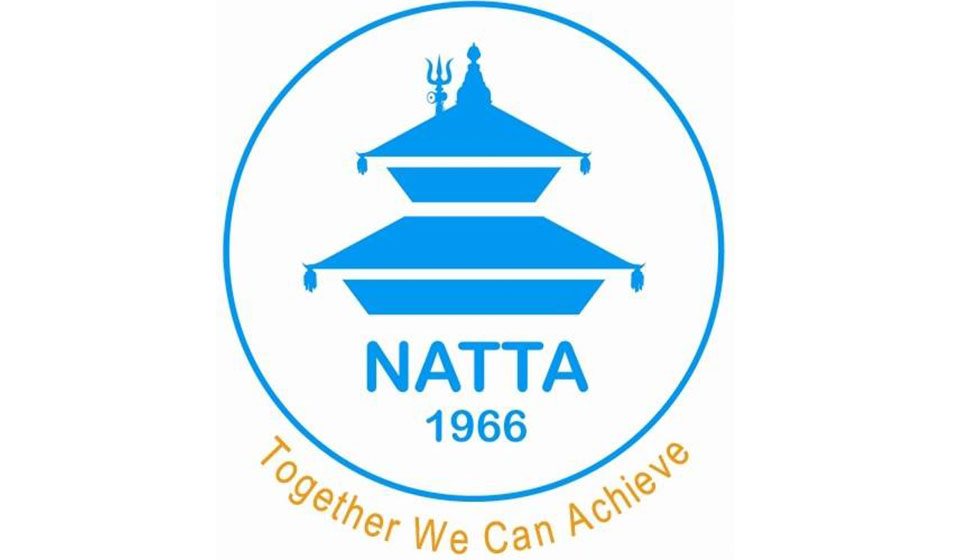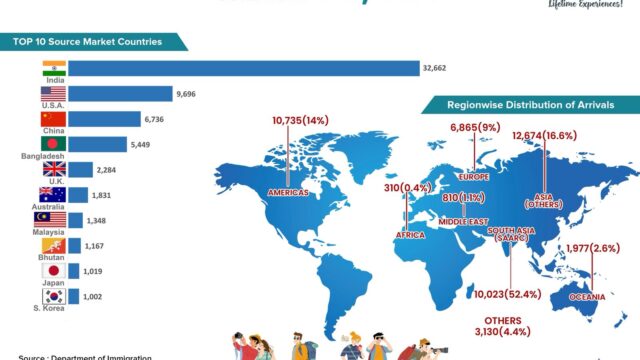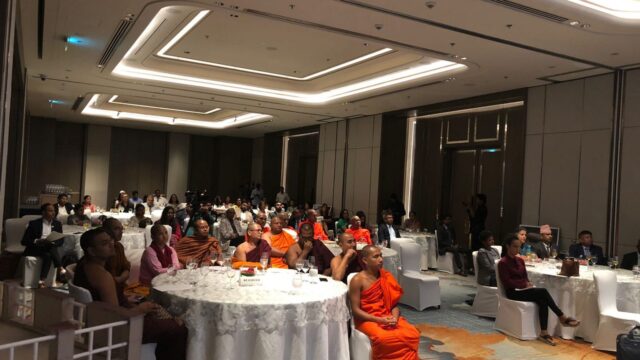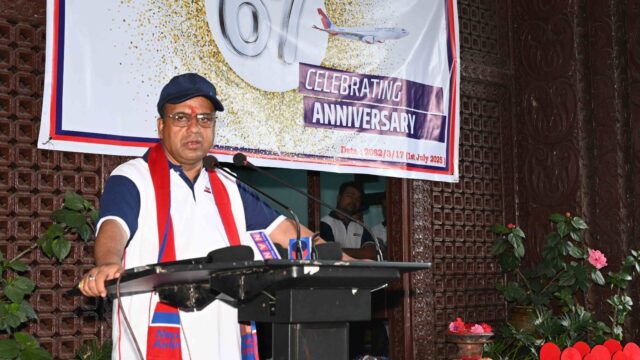The Nepal Association of Tour and Travel Agents (NATTA) has voiced deep disappointment over the recently announced federal budget for the fiscal year 2082/83, citing the government’s continued neglect of key issues affecting Nepal’s tourism industry, most notably the Value Added Tax (VAT) imposed on domestic and international airfare.
According to NATTA, despite multiple representations and formal requests made over the past two years, the government has failed to revise what it calls a “counterproductive” taxation policy. The continued implementation of VAT on airfare, NATTA argues, directly discourages international tourists from choosing Nepal as a travel destination and poses a severe setback to the nation’s post-COVID tourism recovery goals.
While the new budget includes some favorable provisions for the tourism sector, NATTA maintains that these will have little practical impact unless the core barriers to tourist entry, such as airfare affordability, are addressed. “Airfare accounts for more than three-quarters of a tourist’s overall travel cost. Retaining VAT on air tickets makes Nepal a less competitive destination in the global travel market,” a NATTA spokesperson said in a formal statement. “Without increased tourist arrivals, even the best-laid tourism plans in the budget will remain unimplemented and ineffective.”
This concern is not new. Prominent government leaders, including the Minister of Finance, the Minister of Culture, Tourism and Civil Aviation, and several Members of Parliament, have publicly acknowledged the negative impact of VAT on airfare. They have consistently agreed that this policy is out of sync with international best practices and acts as a bottleneck for promoting tourism, especially to Nepal’s geographically remote regions that rely on air connectivity. Yet, NATTA points out, these concerns have gone unheeded in the newly announced budget.
Reinforcing its argument, NATTA referenced a recent study conducted by the Nepal Tourism Board (NTB), which highlighted the VAT as one of the key factors driving up airfare costs in Nepal. The study concluded that such a tax not only inflates flight prices but also creates a competitive disadvantage for Nepal compared to other South Asian destinations. While the study proposed several alternative tax structures to minimize the financial burden on travelers, the government has failed to adopt any of these recommendations.
NATTA Demands Immediate Repeal of VAT to Boost Tourist Arrivals
Adding strength to NATTA’s concerns, a broad coalition of major economic and tourism stakeholders has also spoken out against the VAT policy. These include the Federation of Nepalese Chambers of Commerce and Industry (FNCCI), Confederation of Nepalese Industries (CNI), Nepal Chamber of Commerce (NCC), Hotel Association Nepal (HAN), Trekking Agencies’ Association of Nepal (TAAN), Nepal Mountaineering Association (NMA), and the Society of Travel and Tour Operators Nepal (SOTTO). These institutions have described the continued imposition of VAT on airfare as “illogical,” “regressive,” and “detrimental to economic and tourism development.”
In light of this broad opposition, NATTA criticized the government for turning a blind eye to the realities of the tourism industry. “Tourism is one of Nepal’s most promising sectors, with immense potential for job creation, foreign exchange earnings, and rural development,” the association emphasized. “Ignoring such a fundamental policy correction raises serious questions about the government’s commitment to revitalizing tourism.”
Since fiscal year 2080/81, NATTA has been at the forefront of a coordinated legal and policy campaign to repeal VAT on airfare. The association has submitted memorandums, held policy dialogues with key ministries, and partnered with industry stakeholders to amplify the issue. Despite these efforts, tangible policy change remains elusive. NATTA has now pledged to intensify its campaign, including potential legal actions, public awareness drives, and strengthened collaboration with domestic and international tourism bodies.
NATTA called upon the Government of Nepal, particularly the Ministry of Finance and the Ministry of Tourism, to urgently reconsider the VAT policy and prioritize strategic reforms that promote accessibility and affordability in air travel. “If Nepal truly aims to become a competitive and sustainable global tourist destination, the removal of VAT on airfare is not optional, it is essential,” the association stated.
NATTA reaffirmed its unwavering commitment to safeguarding the interests of Nepal’s tourism sector and ensuring that unjust policies do not hinder the country’s potential as a leading travel destination.






